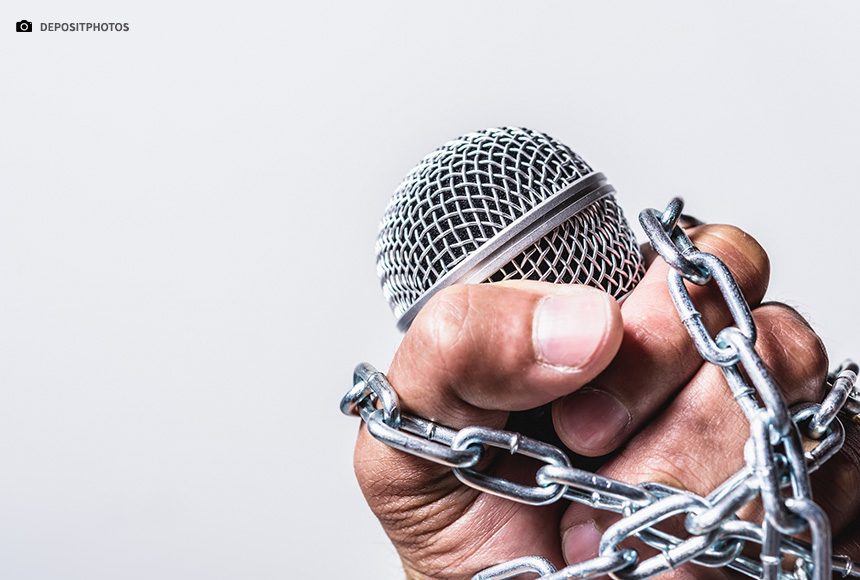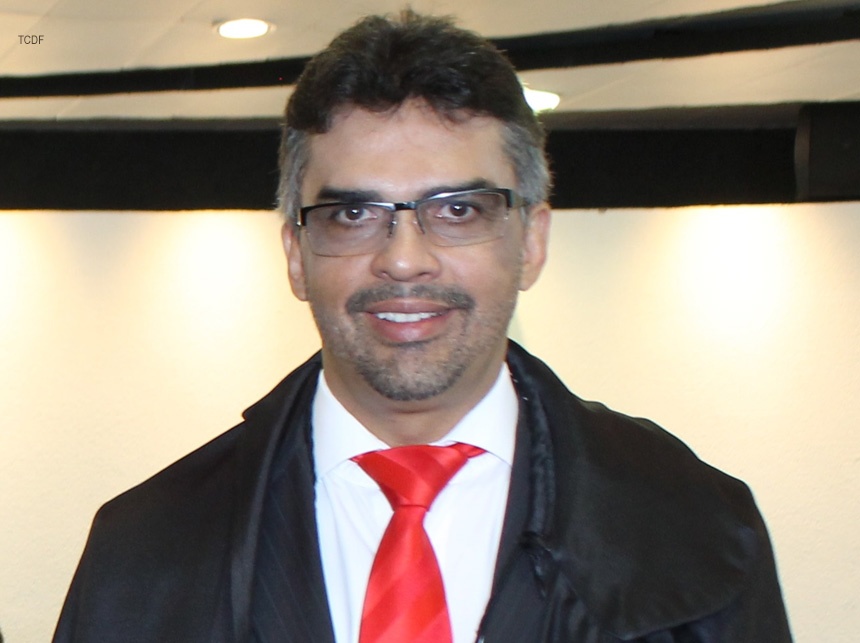Globally, the United States and Portugal, although they have their peculiarities in the timeline of recent history in relation to the consolidation of democracy, both are signatories to the Universal Declaration of Human Rights – UDHR, of December 10, 1948, and the International Covenant on Civil and Political Rights – ICCPR – of 16 December 1966 and in force since 23 March 1976.
Internally, in the United States, freedom of expression is safeguarded through the First Amendment of the Constitution of the United States of America which establishes the right of expression to individuals by establishing that “Congress shall make no law respecting an establishment of religion, or prohibiting the free exercise thereof; or abridging the freedom of speech, or of the press; or the right of the people peaceably to assemble, and to petition the Government for a redress of grievances.” (US Constitution). The First Amendment covers American citizens with the right to seek, receive, and also disseminate information or opinions of all kinds.
Portugal, in turn, governs freedom of expression, through its Constitution of the Portuguese Republic, which established, in Article 37, which deals with Freedom of expression and information, “Everyone has the right to freedom to express and disseminate their thoughts by word, image, or any other means, as well as the right to inform, to inform themselves, and to be informed, without hindrance or discrimination.” (Diário da República Eletrônico,2017).
In a publication on freedom of expression, the (United States Embassy, 2013) advocates the protection of that right, by the First Amendment to the US Constitution, “incorporates the notion that an individual’s ability to express himself freely – without fear of punishment by the government – produce autonomy and freedom that promotes better governance. However, it is worth noting that both countries also provide for the possibility of punishment, indemnities, and sanctions in cases of infractions committed, in cases of abuse of the right to freedom of expression, whether in person, in public demonstrations, or through the media and networks. Social.
However, if the United States and Portugal guarantee, as consolidated democratic institutions, the freedom of expression for their peoples, it also draws attention to possible ‘discrepancies’, which generate confusion or may result in wrong decisions, regarding the guarantee of such right, as it draws attention (Packard, 2020), in the case of the United States, regarding the scope of the First Amendment beyond interpretation. “(…) On first reading the language seems clear enough, but it is actually quite open to interpretation.” (Packard, 2020). Something that the author classifies by irony because the United States is the biggest defender of freedom of expression in the world. Although Packard makes the reservation that at the time of the constitution of the First Amendment, the country relied, in relation to the press, on only with books and newspapers and, that from the 20th century, radio, cinema, and television. Only in the 21st century, given the advent of technology, the country, as well as the rest of the world, began to transit, in terms of media, with other media how podcasts, social networks, websites, blogs, videos. Something that extends the discussion by judges, over two centuries, about possible changes in the concept of freedom of expression. “’What exactly does freedom of speech mean? What does abridgement mean? How far can Congress go before it abridges freedom of speech?” (Packard, 2020).
This scenario, also questioned by (Ross at all, 2019), when assuming the possibility of the government using the First Amendment, to try to prevent the press from disclosing data revealed by a press vehicle, received from an anonymous source, of confidential documents sent by government officials than prove than the American government allegedly lied publicly to the people about casualties in the US and the war abroad.
Does the governments power to classify government records as secret
allow it to prevent publication of classified government information
once disclosed? Does the First Amendment allow government to
prevent media coverage of issues of national importance? Does it matter
how the newspapers obtained the documents? (ROSS at all, 2019).
Under this perspective, in a lecture, the journalist, lawyer, activist and co-founder of Freedom of the Press Foundation and TED Fellow, (Trevor, 2016), questioned the government’s action against individuals for exposing crimes and injustices in government actions, in exposing the case of the journalist, James Risen, of the New York Times. Risen was investigated and threatened with imprisonment, by the American government, for refusing to testify against an alleged source of unfavorable matters to the government. In case that one that still had an aggravating factor, after the government gave up on the arrest of James Risen, started to make telephone recordings, monitor emails, financial and bank accounts, credit reports, and even, the trips made by Risen, without the journalist’s knowledge and knowledge, which resulted in the conviction of Jeffrey Sterling, Risen’s alleged source and CIA informant. In this lecture, Trevor presents the technology, as an option to guarantee the security and anonymity of sources and journalists, in order to guarantee freedom of expression and press in the US.
In the same context, but in the case of Portugal, a report by the journalist Clara Viana (Público, 2019), on the condemnation of the Portuguese government, without the possibility of appeal, by the European Court of Human Rights – ECHR, in relation to two isolated cases, a journalist and a doctor, both accused and convicted of defamation, by the Portuguese Justice.
Due to an opinion article published in the weekly Santarém,
Joaquim Emídio was sentenced in 2012 to pay 2500 euros
in damages to Rui Barreiro, former Secretary of State for
Agriculture and Forests of the last government of José Socrates.
Also because of an article published in the local press,
the doctor Gomes da Cruz was condemned to pay around
22 thousand euros to the then Mayor of Lourinhã,
the socialist José Manuel Custódio. (PÚBLICO, 2019).
A case that calls attention, since, over the past 15 years, Portugal has accumulated 20 convictions, by the ECHR, for the same crime. This put the country, according to the report, among European record holders, in relation to the number of convictions for violating freedom of expression.
As noted (Ross et all, 2018), the Google Transparency Report, on internet freedom, places the US in the third position among the 20 most industrialized countries, with the practice of online censorship, when referring to the request removal of online content by the government. It draws attention because the US stayed, just behind Russia. And China, for example, hypothetically, considered a more rigid country in relation to freedom of expression, ranked 14th. In this case, it is important to note that in such a report, Portugal appears with only about 60 requests for removal of publications, compared to the US with more than 240 thousand requests for removal of content. Cases that can demonstrate, with due regard for the proportions between the United States and Portugal, that there is a paradox, or a fine line between freedom of expression and the action of the State itself, in relation to curbing such freedom, when State interests see the first plan.
References:
DIÁRIO DA REPÚBLICA ELETRÔNICO, Constituição da República Portuguesa, Diário da República n.o 86/1976, Série I de 1976-04-10, disponível em https://dre.pt/web/guest/legislacao-consolidada/-/lc/337/201903120346/127996/diploma/indice, acessado em 29/11/2020.
EMBAIXADA DOS ESTADOS UNIDOS,2013, Liberdade de expressão nos Estados Unidos PACKARD, Ashley; 2013; Digital Media Law”; Published by Chichester, Wiley-Blackwell
PÚBLICO, 2019, Portugal de novo condenado por violação da liberdade de expressão, disponível em
https://www.publico.pt/2019/09/24/sociedade/noticia/portugal-novo-condenado-violacao-liberdade-expressao-1887718, acessado em 28/11/2020.
ROSS, Susan Dente, Trager, Robert.; Russomanno, Joseph.; 2018, The law of journalism and mass communication. Published by Thousand Oaks, CA: Sage Publications.
TREVOR, Timm, 2016, How free is our freedom of the press?; disponível em https://www.youtube.com/watch?v=A-OvJjAw2Jo, acessado em 29/11/2020.
US CONSTITUTION, Constitution Annotated, Analisys and Interpretation of the U.S. Constitution, disponível em https://constitution.congress.gov/constitution/amendment-1/, acessado em 29/11/2020.













